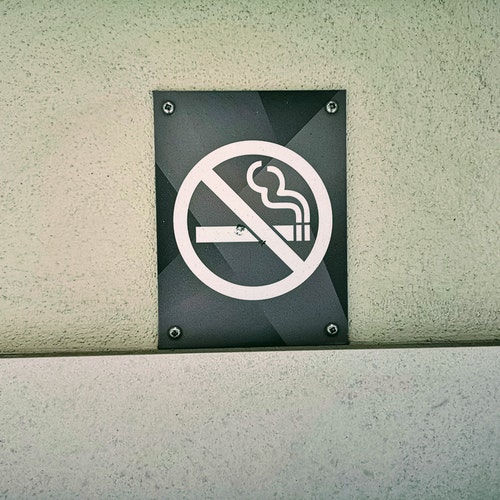
Every parent dreads the time when they need to have a conversation with their child about the dangers of drugs. Parents serve as a role model for their children, and it’s extremely important to provide facts about the negative effects drugs has on the body. Talking to your children about the effects of drugs in a general and healthy and safe manner can help your children have an understanding of the dangers of drugs.
Nevertheless, here are some ways to educate your child about the dangerous consequences of taking drugs.
Keep It Age-Appropriate
A good time to start talking to your child about drugs is between 6 and 8 years old. Children learn over the years what they should and should not eat and what they are allowed to touch and not allowed to touch. It’s important to have a conversation with your child that illegal drugs are bad and can be dangerous.
Make it clear to the child some drugs are good drugs such as the ones that are prescribed by a doctor. And although these prescription medications are safe, they can still be abused and misused.
It’s also important to have a conversation about how using some drugs is against the law and could lead to going to jail. Only if your child asks specifics about drugs should you go into more detail.
Make Clear Expectations
Don’t always assume your child knows your beliefs about the use of drugs. Communicating your beliefs and values to your child will set clear expectations. Expressing the dangers of the drugs and how it affects the body and those around you can help your child know to stay away from the drugs.
Many children who are peer-pressured into trying drugs will have that temptation to fall for the pressure. Helping your child understand temptation and how to say “no” will help increase self-discipline when the child is older.
A good way to teach temptation and self-discipline would be eating dessert after dinner and wanting more dessert. Eating more would be bad for the body and could make you sick.
Talk About Consequences
Children are less likely to take into account the long-term consequences associated with drug use. Explaining the long-term effects of drug use, the costs, legal consequences, and personal consequences is key to preventing drug use. Ensuring any consequences of drug use are consistent each time will show the seriousness of the drug use.
Not only is it important to talk about the consequences, but explaining how drugs can negatively affect you is important. For example, you can explain how cigarette smoking can affect hygiene, appearance, and attractiveness to others by having bad breath, coughing, constant cigarette smell on the body, yellow teeth, and bad skin. Further, explaining how driving while intoxicated can cause car accidents, injury, death, and loss of license for a long time. Also, explain how the use of drugs can affect performance in school or athletics.
Support Your Child
Children with low self-esteem due to lack of attention and affection are more vulnerable to drug use. It’s important to spend time with your child to show you support them and love them. You can do this by spending time with your child each day such as talking to your child at the dinner table.
Express how proud you are of your child when they make positive decisions. In the same way, comfort and encourage your child to do better when they make poor decisions. Spending at least one day per week doing a special activity, such as mini-golf or hiking, shows your child you approve of them.
Talk About Addiction
Starting from a young age, explaining addiction or a “habit” to your child can help the child understand the long-term consequences of drug use. It’s important to explain to your child how it can be hard to stop drugs due to the chemicals. Although they may want to stop using the drug, it’s very difficult. The long-term effects of addiction entail issues with organs, liver damage, cancer, heart attacks, and poor oral hygiene. The long-term effects of drug use can lead to permanent damage to the body and brain potentially affecting a future career.
If you discover that your child may have a drug addiction, you can contact an addiction help hotline and enroll your child in a rehab program.
Conclusion
It’s important to keep talking to your child. Just because you have one conversation with them doesn’t mean it’s a one-and-done conversation. As your child gets older and becomes a teenager and enters their middle and high school years, it’s important to have more frequent conversations with your child as they will be under increased peer pressure. Keep talking to your child to ensure they still understand the harm in doing drugs, parental expectations, and the consequences of breaking the rules. If you or someone you love is struggling with addiction, consider a well-reviewed rehab program to aid in recovery.


